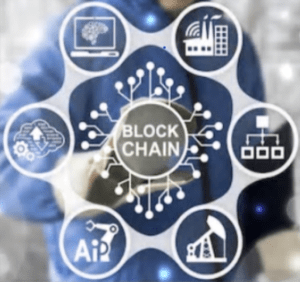Research Areas
- Industrial Predictive Analytics and Machine Learning

- Industrial predictive analytics focuses on fundamental developments in statistical machine learning and data modeling aimed at delivering novel methodologies and algorithms specifically tailored to address the challenges of industrial data. Industrial data is generated from a variety of engineering systems and machinery that are highly dynamic and complex — often comprised of subsystems and components that possess intricate dependencies. Unlike social media, retail, and other applications, industrial data are also measured under extremely harsh environments resulting in numerous data quality challenges. Unique research topics relate to systems exhibiting multiple fault/failure modes, systems comprised of multiple components with interactive degradation processes, and systems with high levels of data censoring and poor data quality. The goal is to ensure the reliability and accuracy of the outputs generated by these novel predictive analytic algorithms to enhance operator confidence and ensure lean operations of critical capital-intensive assets. Focus applications have been in the manufacturing and power sectors.
- The HOME Project

- Habitats Optimized for Missions of Exploration is a multi-university Space Technology Research Institute intended to execute NASA’s strategic vision around deep space human-exploration missions. To this end, the design of deep-space habitats requires a fundamentally disruptive approach – one that relies not only on traditional subsystem reliability engineering and probabilistic risk analysis, but on emergent technologies in autonomous systems, failure-tolerant design, human/automation teaming, dense sensor populations, data science, Machine Learning (ML), robotic maintenance, and on-board manufacturing. HOME is tasked with two primary operational requirements for NASA’s deep-space habitats, (1) Keep humans alive while they are resident, and (2) Keep the vehicle/habitat alive (operational) while they are not.
- Cyber Security and Data Privacy in IoT Systems

- Affordable sensor technologies coupled with wireless communications have given rise to a growing wave of industrial digitization. Digitization of this kind comes with an increased level of automation and digital control components that are collectively referred to as Industrial Control Systems (ICS). The growing integration of IoT devices has increased the vulnerability of ICS components to various kinds of cyberattacks. This research area focuses on utilizing data analytics and model-based frameworks to detect cyberattacks that target ICS components with the intent to cause unexpected breakdowns and/or increase system inefficiency and degradation.
